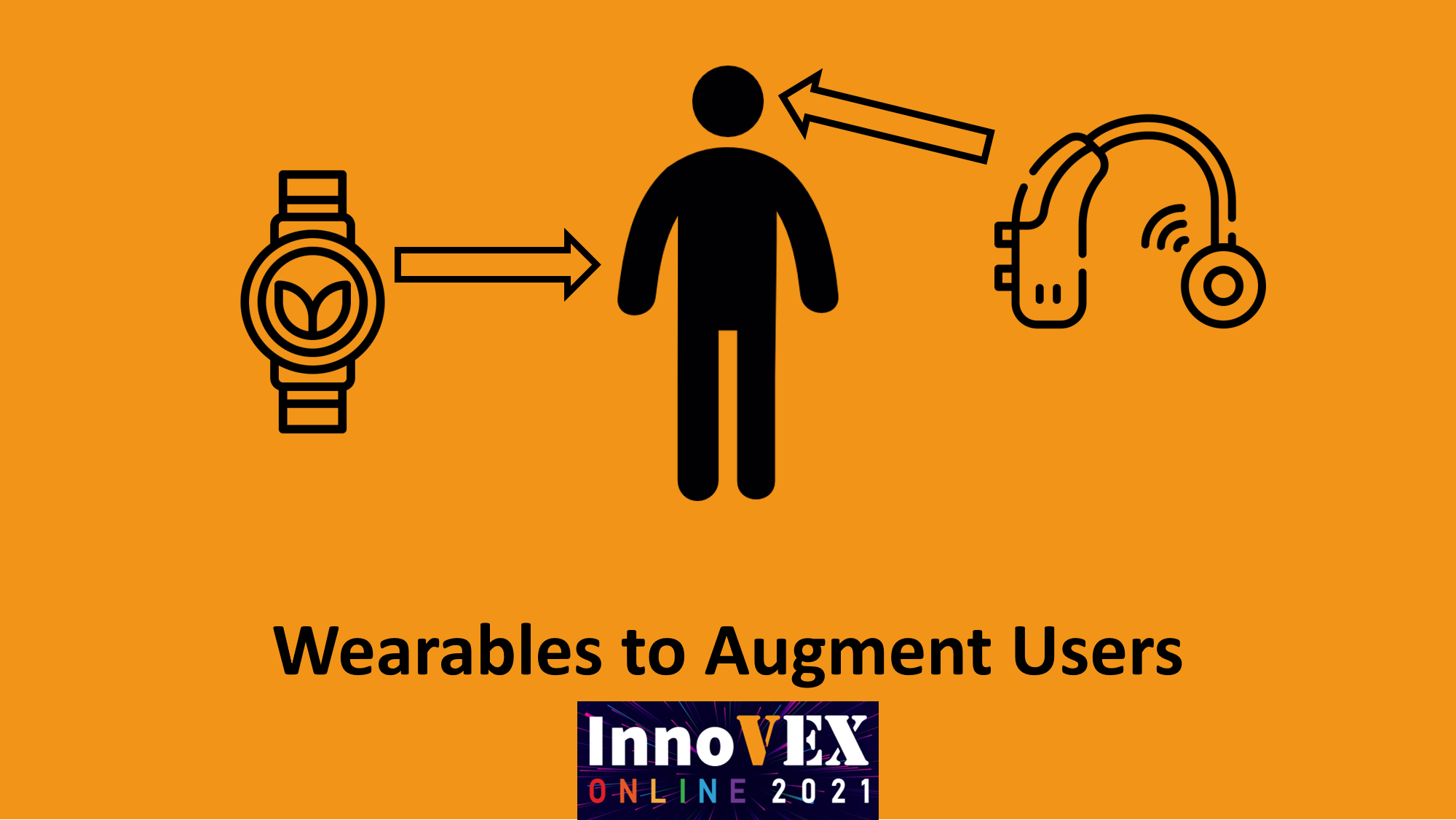
For the everyday user, wearable technologies are often seen as accessories or fashion statements for the wearer. That might add a few additional requirements for the wearable tech to be accepted such as comfort, convenience, and a compact design. After all, certainly no one would prefer to wear electrode probes with a mess of dangling wires attached to their limbs if they have a choice? While there are many new and interesting developments to the wearable device industry, the common trends seem to focus more on improvements on or evolutions of existing devices.
Perhaps the most common wearable is the smartwatch that includes a more compact and convenient interface than the smartphone it is paired with. While the idea is to provide better convenience, it can also become a source of distraction; reducing the time for people to disconnect from their devices. Smartwatches also have the issue of battery life that might run out when it is needed most; not to mention the added cost of charging or battery replacement. With new versions continuing to be released sooner rather than later, it also adds a question of product resilience and longevity.
This became the base of Sequent's business. A startup based in Switzerland, they came up with their own smartwatch Elektron that is non-intrusive and self-charging. The watch face itself only contains analog watch hands and simplified indicators for step count and HR readings. The biggest draw for their smartwatch is perhaps their self-charging feature that they claim can power the watches as long as it's regularly worn. The watch features the newest activity tracking technologies, heart rate sensors, and records the users' activities that can be viewed in the accompanying app for both Android and iOS.
Wearables can also be considered an augmentation of the human body; added non-biological parts that enhance human productivity and capabilities. With the wearables being in constant contact to the users, the benefits they provide can be seen at any possible moment; essentially becoming an extension of their bodies and senses. For some people, the wearable is more than a "nice upgrade", but a medical necessity. These will include devices that need to be surgically implanted such as pacemakers or one that augments the users' natural senses such as hearing aids.
Created based on the founders' experience with hearing aids, RelaJet combines AI and IC integration for their Otoadd N1 that is powered by their RelaJet AI Enhancement Engine to identify and separate speakers' voices with edge computing processors. The Otoadd N1 can capture and enhance human voices and are constantly updated to offer users the best hearing experience under any scenario. The recent update also provides a new Mask Mode to deliver better hearing when people talk under their masks. RelaJet's Speech Enhancement Engine also filters ambient noise to further clarify the resulting voices for the users.
Sequent and RelaJet are exhibitors in InnoVEX Online 2021. Check the full list of exhibitors here.
Do you like the content? InnoVEX Tech Startup News is our weekly newsletter where we showcase our exhibitors and pavilion organizers as well as updates and news. Subscribe here and don't miss any updates!